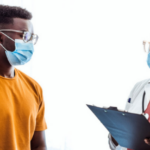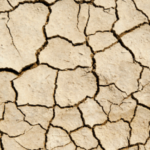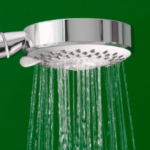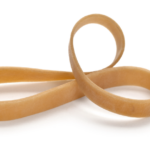You might think that yeast infections only affect women, but men can get thrush too. Aside from the discomfort, it’s no big deal.
Here’s what you need to know about yeast infection in men, including common causes, symptoms you should get checked out and how to treat the condition easily.
What is thrush?
Our bodies are home to lots of different organisms including bacteria, viruses and fungi. Common fungi are yeasts called Candida, which particularly like warm, moist areas like your mouth and genitals.
When an overgrowth of Candida occurs, you will experience symptoms of a yeast infection, also called thrush or Candidiasis.
Tinea is a different type of fungal infection. It’s known as ringworm when found on your trunk, limbs or scalp, athlete’s foot when your feet are affected, or jock itch when your groin area is affected.
What causes thrush in men?
What are the symptoms of yeast infection in men?
You might also have no symptoms at all.
How is thrush diagnosed in men?
Your doctor can diagnose thrush by examining your genitals and taking a swab to confirm an overgrowth of Candida. Your doctor may also test for sexually transmissible infections (STIs), which can cause similar symptoms.
What is balanitis?
Balanitis is the medical term used for inflammation of the glans penis (the head of the penis). Balanoposthitis refers to inflammation of both the head and foreskin of the penis. Fungal infection is the most common cause of balanitis.
Can you get thrush from your partner? Is thrush a sexually transmitted infection (STI)?
Yes, you can get thrush from your partner, and you can pass thrush to your partner. Studies have looked at specific strains of Candida in the mouths, bums, and bits of men and women, and show that the strains are shared between partners.
However, this isn’t the most common cause of a yeast infection, and they aren’t considered STIs.
How do you treat yeast infections in men?
The good news is that thrush is often simple to treat.
Sometimes good hygiene can be enough to clear things up. Make sure you always gently wash your genitals — avoiding soaps and shower gels, which can make irritation worse — pulling the foreskin back and cleaning the head of your penis.
When you’re drying yourself, make sure to be gentle and thoroughly pat dry.
If you’re still struggling, visit a pharmacist or GP to see if antifungal cream might be helpful.















